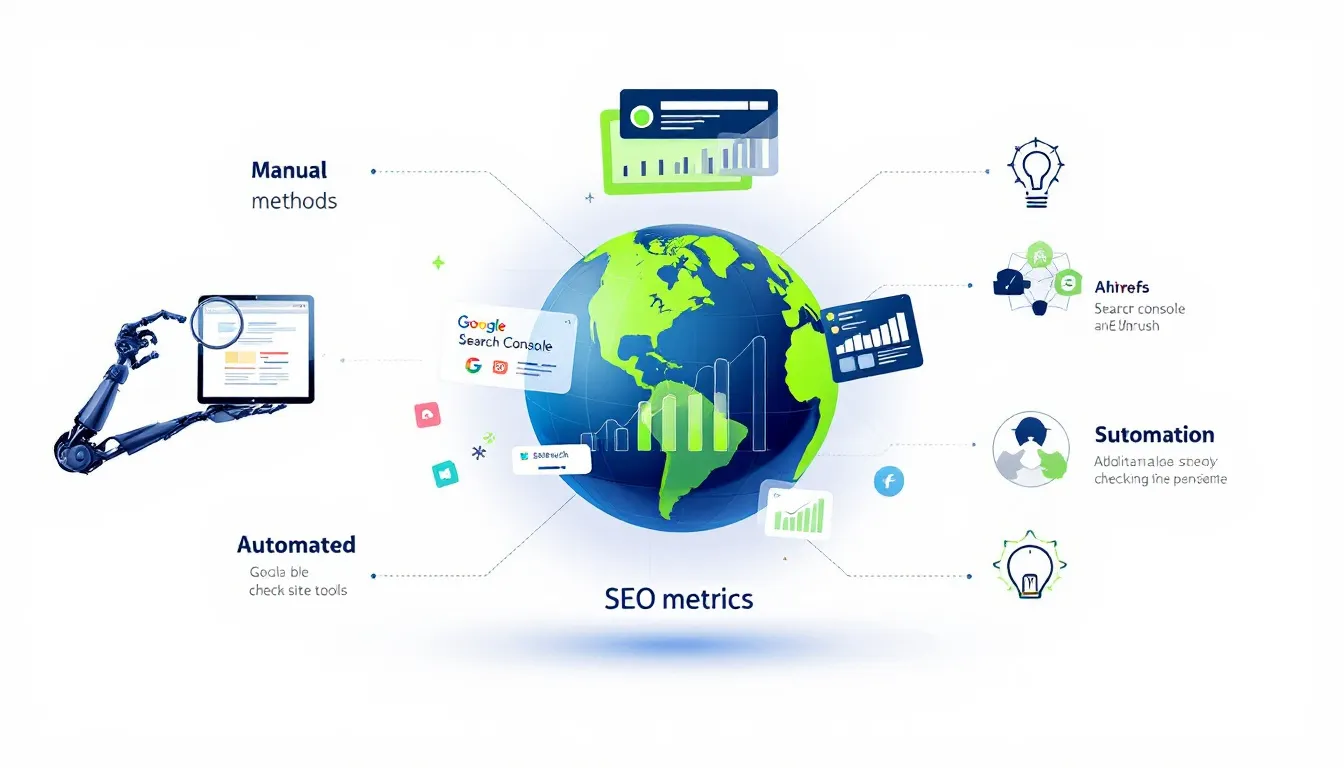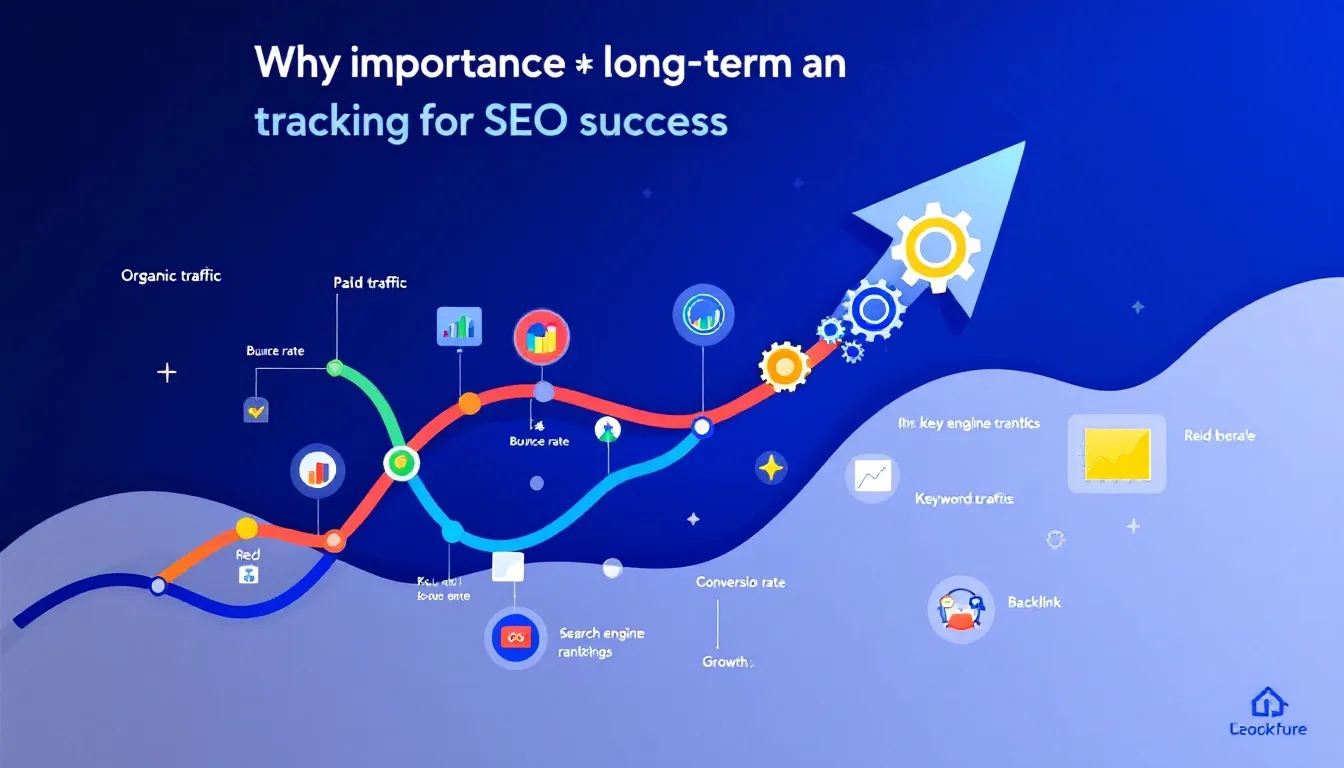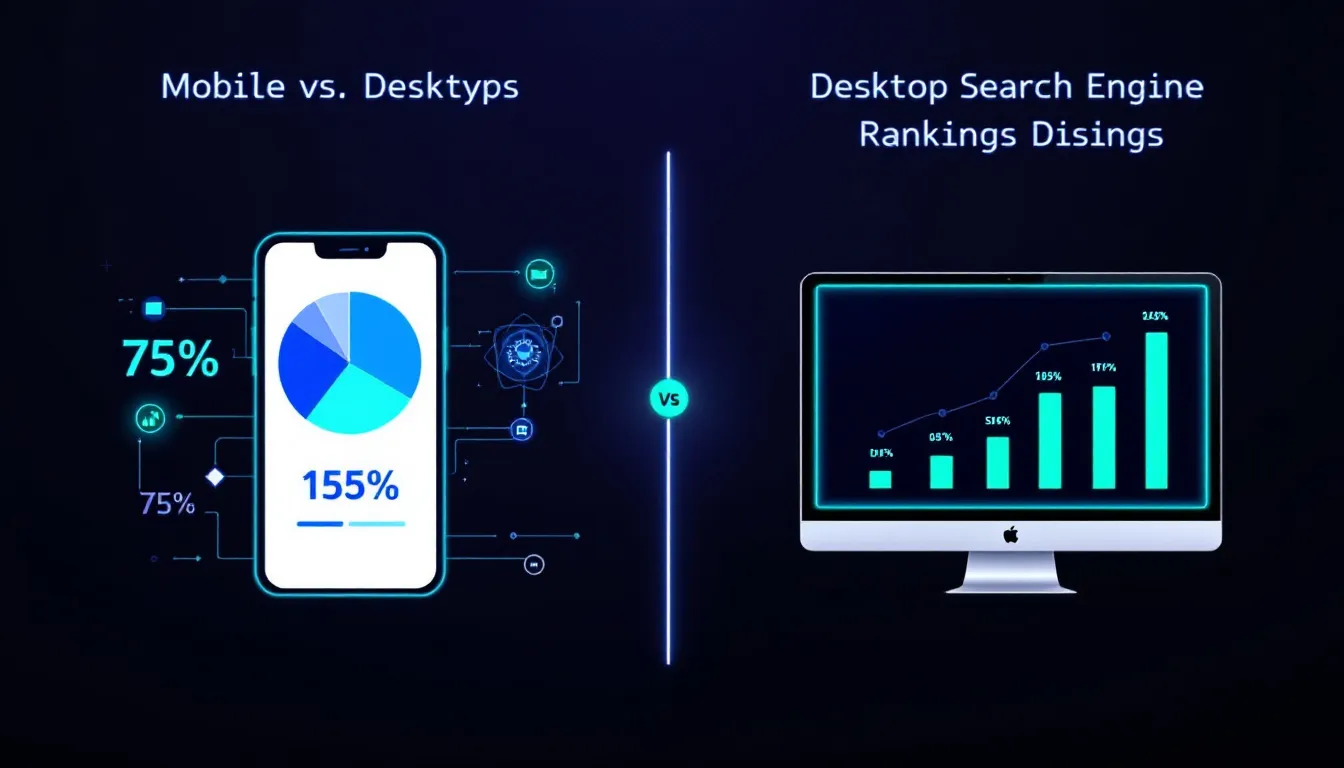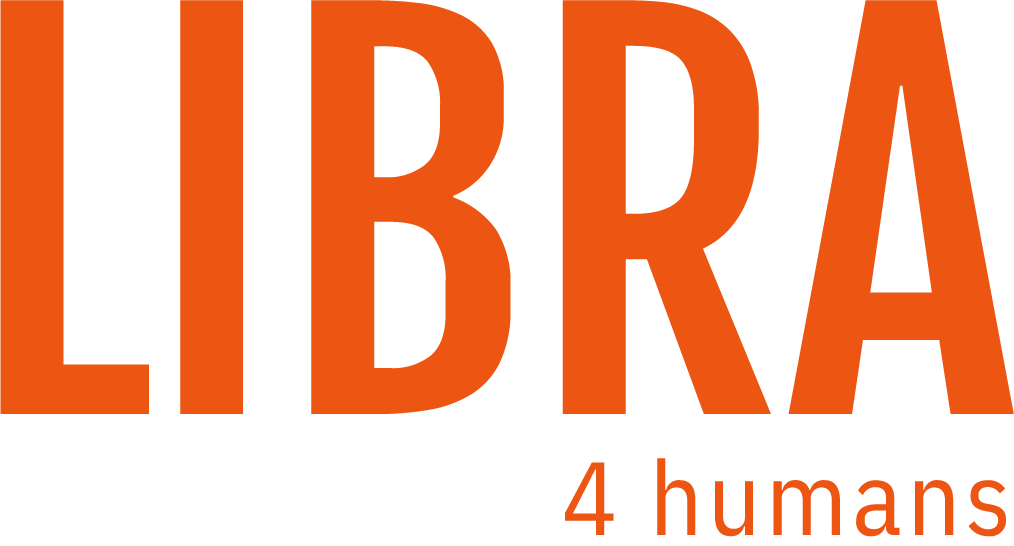Need to check site rank? This article explains how to monitor your website’s position on search engines using various tools and methods. One such tool is the Google rank checker, which evaluates a website’s keyword positions on Google, providing insights into current and historical ranking data for both desktop and mobile searches. By tracking your site rank, you can improve your SEO strategies and boost your site’s visibility.
Key Takeaways
- Site rank is not just about a few high keywords; maintaining diverse keyword rankings across pages is crucial for overall SEO visibility and traffic.
- Monitoring keyword rankings helps assess the effectiveness of SEO strategies and informs necessary adjustments to improve content quality and website’s performance.
- Long-term tracking of site performance, including historical data analysis and regular audits, is essential to identify trends and optimize SEO strategies effectively.
Understanding Site Rank in SEO

Site rank in SEO is a complex concept that goes beyond a single score. It encompasses a collection of keyword rankings across various web pages, highlighting the diversity and intricacy of search engine optimization. This multifaceted nature of site rank requires a strategic approach to tracking and improving keyword positions, as each page on your website contributes to the overall visibility and performance of your seo ranking.
A crucial aspect of site rank is understanding that it’s not just about achieving high rankings for a few keywords but about maintaining a broad spectrum of keyword rankings. This diversity ensures that your website can attract a wider audience, driving more organic traffic and improving overall SEO performance. Tracking site ranks involves analyzing and monitoring the ranking and visibility of your website in Google search results, filtering by various metrics, and using historical data to gauge performance changes over time.
Effective SEO strategies consider the collective impact of various keyword rankings, requiring the monitoring and optimization of each page individually. This approach enhances your website’s overall visibility and leads to long-term SEO success.
Domain-wide Visibility vs. Page-level Ranking
Domain-wide visibility reflects the overall presence of a website across search results, showing how well it performs for all tracked keywords. This holistic view helps understand the general health and SEO performance of the entire website and the domain’s ranking.
On the other hand, page-level ranking focuses specifically on the performance of individual pages for specific queries. Tracking ‘specific keyword’ performance helps in understanding page-level ranking by allowing users to filter performance metrics and monitor visibility against competitors, enhancing strategic SEO planning. Monitoring both domain-wide visibility and page-level ranking provides a comprehensive understanding of your website’s performance and page quality.
Domain visibility provides an overarching view, while page-level ranking highlights specific pages driving traffic and those needing improvement.
Perceived Authority
Perceived authority is a critical factor in determining a website’s search engine ranking. It refers to the level of trust and credibility that a website holds in the eyes of both users and search engines. Higher authority can lead to increased trust, better user engagement, and, ultimately, improved rankings.
High-quality content, backlinks from reputable sites, and user engagement contribute to a site’s perceived authority. Building and maintaining strong perceived authority helps achieve higher rankings and better overall SEO performance.
Why Monitoring Keyword Rankings Matters

Tracking keyword rankings is crucial for assessing your SEO strategy’s effectiveness. It offers insights into your efforts’ success and highlights areas needing improvement. Monitoring keyword positions allows you to make informed decisions to optimize content and enhance your website’s visibility and performance. Additionally, understanding the average position of your tracked keywords provides a comprehensive metric to gauge overall ranking progress and sitewide visibility in search results.
SEO is an ongoing process, with search algorithms and user behavior continuously evolving. Keeping track of keyword rankings and adjusting your strategies accordingly helps you stay ahead of the competition and ensures your website remains visible and relevant.
SEO reports consolidate critical performance data, helping identify strengths and weaknesses in your strategy. This overview clarifies what’s working and where to focus efforts for better results.
Impact on Traffic and Conversions
Higher keyword rankings typically result in more organic traffic, which boosts conversion rates and enhances return on investment (ROI). Improved keyword rankings lead to better visibility, attracting more relevant visitors to your website to rank higher. This increased visibility can lead to more traffic and better conversion rates.
Click-through rates (CTR) measure the effectiveness of a webpage in attracting visitors from search results. High rankings can significantly enhance organic traffic, leading to improved CTRs and ultimately more conversions.
Aligning with User Intent and Content Quality
High rankings are beneficial only when they align with user intent and deliver quality content meeting audience needs. Content that satisfies user queries and matches their intent ensures relevance and quality.
A site’s perceived authority is influenced by factors such as backlinks and content quality, both of which enhance its ranking potential. High rankings contribute to success when they are supported by high-quality content that aligns with user intent.
Methods to Check Site Rank

Effectively checking your site google rank requires a combination of manual methods and automated tools. Manual methods involve directly searching for keywords on search engines, while automated tools streamline the process, providing efficient and accurate results.
Manual methods are useful for those preferring direct searches via search engines or a google search, but they can be time-consuming and may produce neutral results due to Google’s browser settings and location factors, especially following google updates. Additionally, Google personalizes search results based on various factors like location and search settings, which can lead to biased rankings when users rely on traditional search methods.
Automated tools, on the other hand, offer a completely free tool option and provide a comprehensive list of online tools, making them a popular choice for checking site rank.
Combining manual checks with automated tools provides a more holistic view of your site rank, ensuring accurate and up-to-date information to guide your SEO strategy.
Manual Methods
The primary manual method for checking given keyword rankings involves typing queries directly into search engines. This approach helps SEO professionals understand their sites’ ranking for target keywords and monitor competitors’ rankings, including the same keyword search term.
Using private mode in browsers helps achieve more objective search results, reducing the impact of personalized search settings. However, manual checks can be time-consuming and may not always provide accurate results due to browser settings and location factors.
Automated Tools
Many automated tools offer automatic tracking of keyword rankings, simplifying the ranking check process. Free SEO tools assist in optimizing website rankings by monitoring keywords effectively. By clicking the ‘Start tracking’ button in these tools, users can set up and customize the tracking of specific key queries, allowing for organized monitoring and deeper analytics on their SEO strategies.
The Seobility seo ranking checker, for example, provides neutral SERP data and competitors analysis features. The Rank Tracker tool tracks ranking progress for up to 10,000 keywords over time, offering continuous monitoring of website rankings using a website rank checker.
Long-term Tracking for SEO Success

Long-term tracking in SEO is essential to understand trends and overall performance rather than focusing on daily changes. Establishing an effective SEO strategy involves auditing current site performance to identify strengths and weaknesses, which is crucial for enhancing rank.
Utilizing rank performance data guides specific improvements in content and SEO strategy to enhance a website’s visibility. Free keyword tools streamline the process of regularly checking important keyword rankings.
Consistent tracking of rankings over time allows for a better understanding of trends and performance shifts. Analyzing past keyword rankings reveals significant patterns to inform future SEO strategies. Additionally, traffic data provides a comprehensive overview of estimated website traffic and keyword distributions in SERP, helping to evaluate keyword performance and market competitiveness.
Analyzing past keyword rankings reveals significant patterns to inform future SEO strategies.
Historical Data Analysis
Analyzing past keyword rankings can reveal significant patterns that inform future SEO strategies. Consistent tracking over time can reveal critical trends that help inform long-term SEO strategies. Evaluating historical ranking data enables identification of long-term trends and fluctuations.
Accessing historical more data enhances the ability to make informed decisions based on long-term performance metrics.
Regular Audits
Frequent audits identify and rectify issues that might hinder a website’s ranking performance. Periodic audits highlight areas for improvement, allowing for content optimization based on performance metrics.
Regularly updating older articles with fresh information and optimizing for current SEO practices can lead to improved search performance. Updating old content with current information and optimizing it for recent SEO standards can lead to improved search rankings and user engagement.
Strategic Actions Based on Rank Performance
Enhancing site rankings involves refining on-page elements such as meta tags, titles, and headings to align with high-performing pages. Optimizing each web page can enhance overall site rankings by ensuring that individual pages are effectively targeting relevant keywords. Targeted strategies, based on performance metrics, can significantly elevate a website’s ranking.
Focusing on web pages close to top local rankings can yield significant gains by targeting specific keywords and enhancing content relevance. Improving content and SEO factors of pages just below the top positions can significantly elevate their visibility.
Optimizing Near-Top Pages
Focusing on web pages close to top rankings can yield significant gains by targeting specific keywords and enhancing content relevance. Improving content and SEO factors of pages just below the first page positions can significantly elevate their visibility.
Content Refresh and Update
Auditing content is essential for identifying outdated or underperforming pages, which can significantly enhance SEO performance. Enhancing keywords, improving meta descriptions, and boosting page load speed can help push pages that are already high in rankings closer to the top.
Focusing on web pages that are just below the top rankings can yield significant gains by fine-tuning SEO elements like the right keywords, relevant keywords, and meta description.
Assessing Mobile and Desktop Rankings

Monitoring rankings on both mobile and desktop is crucial due to the shift to mobile-first indexing. Free keyword rank checker tools provide insights into keyword ranking positions on both desktop and mobile rankings, allowing users to check ranking fluctuations over time by switching between the desktop and mobile rankings.
Benchmarking visibility by adding competitors helps assess how your rankings compare.
Mobile-first Indexing
Mobile-first indexing means search engines prioritize the mobile version of a site for ranking, making mobile optimization essential. This shift emphasizes the importance of optimizing mobile interfaces.
Optimizing your mobile site enhances search engine rankings and attracts more organic traffic.
Desktop vs. Mobile Ranking Differences
Keyword rankings can vary significantly between desktop and mobile searches due to differences in user behavior and experience. Mobile users often search for immediate information, while desktop users may look for more detailed content. Understanding these differences is crucial for optimizing SEO strategies.
Creating responsive content and optimizing for both device types improves search result visibility. Monitoring and adapting to these differences ensures your website performs well across all platforms.
Analyzing SERP Features
Monitoring SERP features is critical as they significantly impact a website’s visibility and ranking on search engines.
These features include:
- Organic results
- Paid ads
- Featured snippets
- Local packs
Understanding and optimizing for these features enhances overall SEO performance.
SERP features like featured snippets provide summarized answers directly on the search results page, enhancing visibility. Local packs display a map and listings of local businesses relevant to specific searches. Knowledge panels showcase informative boxes about specific entities, sourced from the Google Knowledge Graph.
Types of SERP Features
Impact on Click-through Rates
SERP features like featured snippets enhance a site’s visibility in search results, leading to higher click-through rates. Owning these features can significantly increase click-through rates by making a site more prominent in search results.
Having multiple SERP features provides a competitive advantage, further improving click-through rates. Video carousels can enhance user engagement by occupying significant space on the search results page, contributing to increased visibility.
Leveraging SEO Reports for Strategic Insights
SEO reports provide a detailed breakdown of a site’s current search engine rankings, identifying keyword gaps and opportunities for improvement. Live rank checkers offer neutral ranking data unaffected by personalized search settings. These reports help businesses track strategies, highlight areas for improvement, and offer actionable steps to increase rankings, traffic, visibility, and use an seo checker. To enhance these efforts, choosing the right SEO optimization consultant can further improve a business’s online presence.
Many automated tools allow users to view monthly search volume and cost-per-click for keywords. Some tools display up to 100 search results for specific keywords, including metadata. The number of owned and tracked SERP features for keywords can influence ranking performance.
Key Metrics to Monitor
Key metrics to monitor include:
- The average ranking position across all tracked keywords
- Estimated total organic traffic from all tracked keywords combined
- Increases and decreases in rankings across all tracked keywords, focusing on traffic driving keywords
A google rank checker can help monitor key metrics like average ranking position and organic traffic, providing current and historical ranking data for both desktop and mobile searches.
Tracking these metrics helps in evaluating the effectiveness of your SEO strategy and identifying areas for improvement.
SEO performance can be significantly improved by monitoring the estimated percentage of clicks from tracked keywords to the website. These insights enable you to make data-driven decisions to enhance your website’s visibility and performance.
Competitor Analysis
Comparing your rankings with up to five competitors allows you to analyze performance in the competitive landscape. Analyzing competitors’ performance helps identify where your rankings lag and the strategies they use for success. Be sure to check rankings regularly to stay informed about ranking factors and any ranking changes.
Analyzing competitors reveals gaps in your content strategy, offering clear opportunities for improvement. Studying competitor content on high-ranking pages can uncover ways to improve your near-top pages by addressing gaps they don’t cover.
Future Trends in SEO Monitoring
The evolving landscape of SEO monitoring reflects changing user behaviors and technological advancements. Voice search optimization is becoming essential as more users rely on voice-activated devices for search queries. Artificial intelligence is increasingly influencing search ranking algorithms, making it crucial for SEO strategies.
Adapting to trends like voice search and AI in SEO is vital for staying competitive and maximizing visibility. By staying ahead of these trends, you can ensure your SEO strategies remain effective and relevant.
Summary
Understanding and improving your site’s rank is crucial for enhancing your website’s visibility and performance. By monitoring keyword rankings, aligning content with user intent, and leveraging SEO reports, you can make data-driven decisions that lead to long-term SEO success.
Embracing future trends in SEO monitoring, such as voice search optimization and AI, will help you stay competitive in the ever-evolving digital landscape. Remember, the journey to SEO success is continuous, and staying informed and proactive is key.
Frequently Asked Questions
What is site rank in SEO?
Site rank in SEO indicates the overall visibility and performance of a website based on the rankings of its keywords across different pages. A higher site rank typically leads to increased traffic and better online presence.
Why is monitoring keyword rankings important?
Monitoring keyword rankings is essential because it offers valuable insights into the success of your SEO efforts, allowing you to make informed adjustments to enhance visibility and performance.
What are SERP features, and why are they important?
SERP features, such as organic results, paid ads, and featured snippets, are crucial as they enhance a website’s visibility and influence its ranking on search engines. Optimizing for these features can lead to increased traffic and user engagement.
How do historical data analysis and regular audits contribute to SEO success?
Historical data analysis uncovers valuable patterns that shape effective SEO strategies, while regular audits ensure ongoing optimization by addressing issues and improving content performance. This combination is crucial for sustained SEO success.
What are the future trends in SEO monitoring?
Future trends in SEO monitoring will increasingly focus on voice search optimization and the integration of artificial intelligence and machine learning, which significantly influence search engine rankings. Staying ahead of these developments is crucial for maintaining competitive visibility online.






